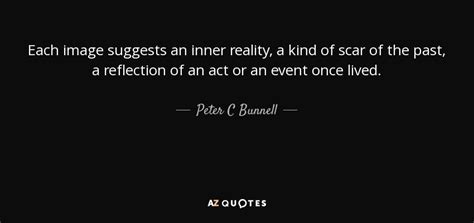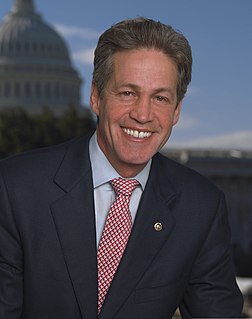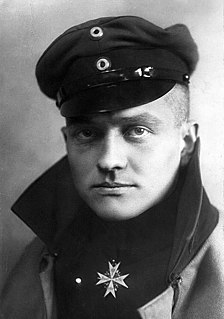A Quote by Albert Einstein
I think that only daring speculation can lead us further and not accumulation of facts.
Quote Topics
Related Quotes
From the dawn of exact knowledge to the present day, observation, experiment, and speculation have gone hand in hand; and, whenever science has halted or strayed from the right path, it has been, either because its votaries have been content with mere unverified or unverifiable speculation (and this is the commonest case, because observation and experiment are hard work, while speculation is amusing); or it has been, because the accumulation of details of observation has for a time excluded speculation.
This is what I mean when I say I would like to swim against the stream of time: I would like to erase the consequences of certain events and restore an initial condition. But every moment of my life brings with it an accumulation of new facts, and each of these new facts bring with it consequences; so the more I seek to return to the zero moment from which I set out, the further I move away from it. . . .
Progress is achieved by exchanging our theories for new ones which go further than the old, until we find one based on a larger number of facts. ... Theories are only hypotheses, verified by more or less numerous facts. Those verified by the most facts are the best, but even then they are never final, never to be absolutely believed.
[The scientist] believes passionately in facts, in measured facts. He believes there are no bad facts, that all facts are good facts, though they may be facts about bad things, and his intellectual satisfaction can come only from the acquisition of accurately known facts, from their organization into a body of knowledge, in which the inter-relationship of the measured facts is the dominant consideration.





































